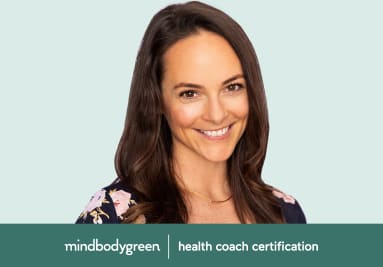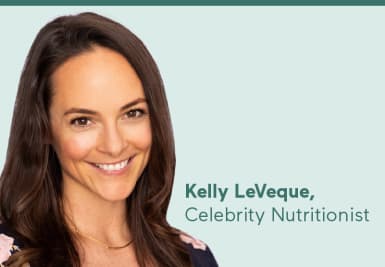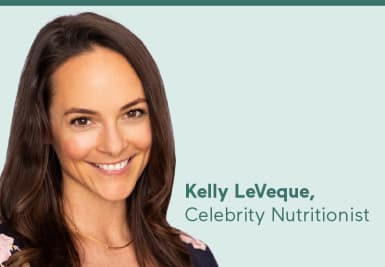4 Things To Know About Health Coaches & Why They're So In Demand Right Now


Want to hear a frightening statistic? Right now, chronic disease rates are at an all-time high: Research shows that nearly 133 million Americans suffer from at least one chronic disease1, and approximately 75 million have 2multiple2 chronic diseases2—and those numbers are continuing to climb.
Advertisement
One theory for these rising rates, according to mbg co-founder and co-CEO Jason Wachob: The health care system is focused more on treating these diseases than it is on preventing or even reversing them—which is why health coaches are needed now more than ever.
To discuss the ins and outs, Jason recently caught up with holistic nutritionist and celebrity health coach Kelly LeVeque (check out their entire conversation here). Whether you're an existing health coach looking to deepen your practice, a future health coach wondering if it's the right path, or you're simply curious about the process, here are four main takeaways from their conversation.
Health coaches are currently in demand.
Currently, there are just over 100,000 practicing health coaches—a massive shortage when you consider the hundreds of millions of people suffering from chronic illness in the U.S. alone, Jason states.
According to LeVeque, "There's a big enough demand that now insurance companies are looking to reimburse health coaches for their services, and doctor's offices (like functional M.D.s) are hiring health coaches to help with compliance."
Advertisement
Health coaches know a client's background & they help with follow-through.
Unlike a quick 15-minute visit at the doctor's office, a visit with a health coach will promote sustained well-being by addressing daily habits like nutrition, sleep, movement, and more.
In fact, taking a health history assessment is one of the most important skills a health coach has, says LeVeque. That means not only understanding a client's blood test results or diagnosis but also being able to assess and enhance their lifestyle.
"How are you living, how are you eating, how are you sleeping, and how are you moving," are a few questions LeVeque or other health coaches might ask. Using information from that assessment and combining it with current medical and scientific research, she says health coaches can "support the resolution of [a client's] symptoms, and potentially the resolution of [their] disease state."
Advertisement
Health coaching requires a combination of education & hands-on practice.
"Real-life experience and training is critical to starting as a health coach, and to feeling confident without having that impostor syndrome," LeVeque says. "You may go get 100 certifications before you feel comfortable sitting down with a client."
That's why LeVeque likes mindbodygreen's health coaching certification, which not only provides access to functional nutrition classes but also pairs that education with coaching training. Learning the science and being in the know is one thing, but being able to communicate that science to a client in a way that encourages them to develop healthy habits, "that's when you see changes in people's lives, that's when you see it reverberate into their families, and their friends, and their communities," she says. "That's how we make change."
Health coaches don't have to (but should) be accredited.
Because there is such a demand for health coaches, there are tons of online programs popping up to provide certification, Jason notes. But currently, there are no legal requirements to practice as a health coach, "that's why we believe that board-certification is even more important in this environment as a marker of the quality of education," he explains.
It's also why mbg made the move to launch the health certification course with accreditation by the National Board for Health and Wellness Coaching (NBHWC), a partner of the National Board of Medical Examiners, and "a representation of the gold-standard in coaching," according to Jason.
"I already knew that we had the science right," LeVeque says of the program, but "getting the stamp at the end of a course and making sure that those assessments are taken is a major benefit."
Advertisement

Abby Moore is an editorial operations manager at mindbodygreen. She earned a B.A. in Journalism from The University of Texas at Austin and has previously written for Tribeza magazine. She has covered topics ranging from regenerative agriculture to celebrity entrepreneurship. Moore worked on the copywriting and marketing team at Siete Family Foods before moving to New York.


